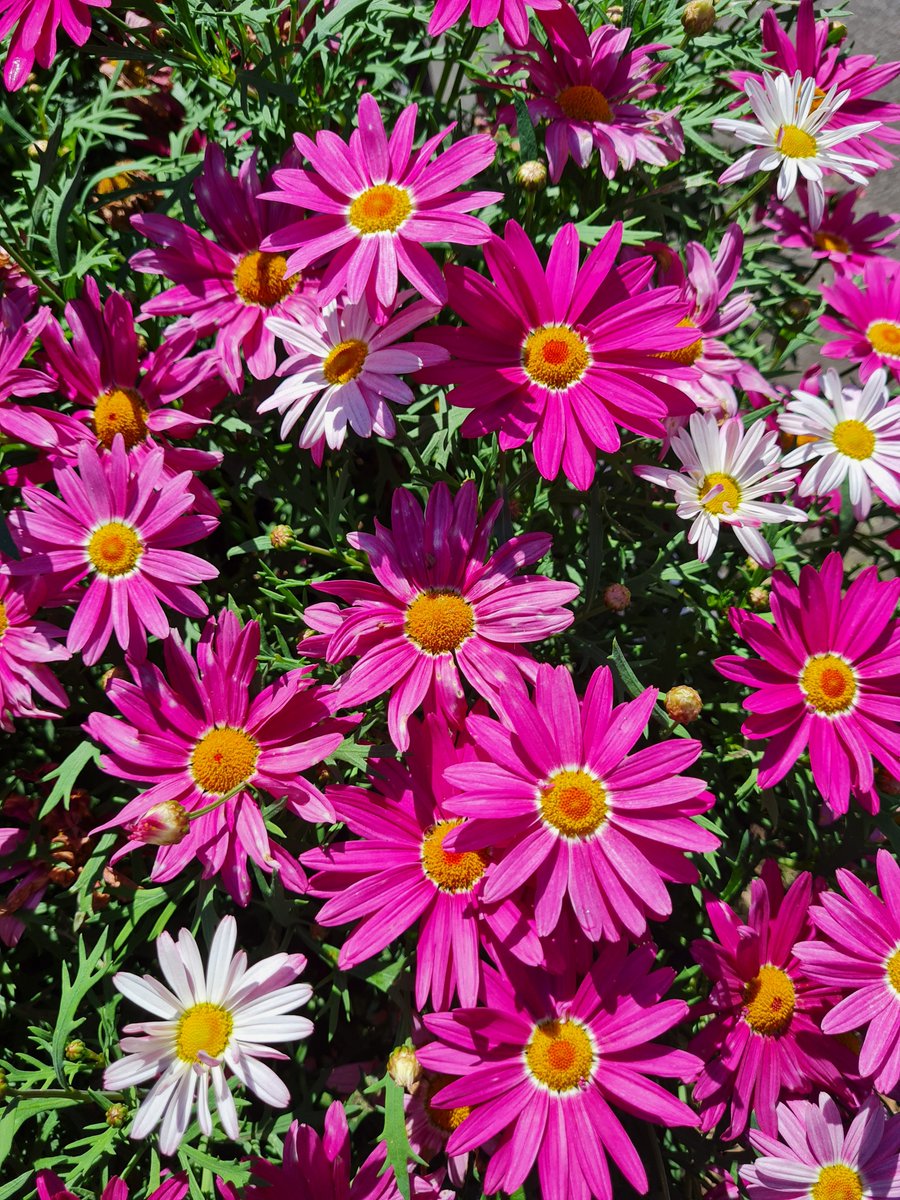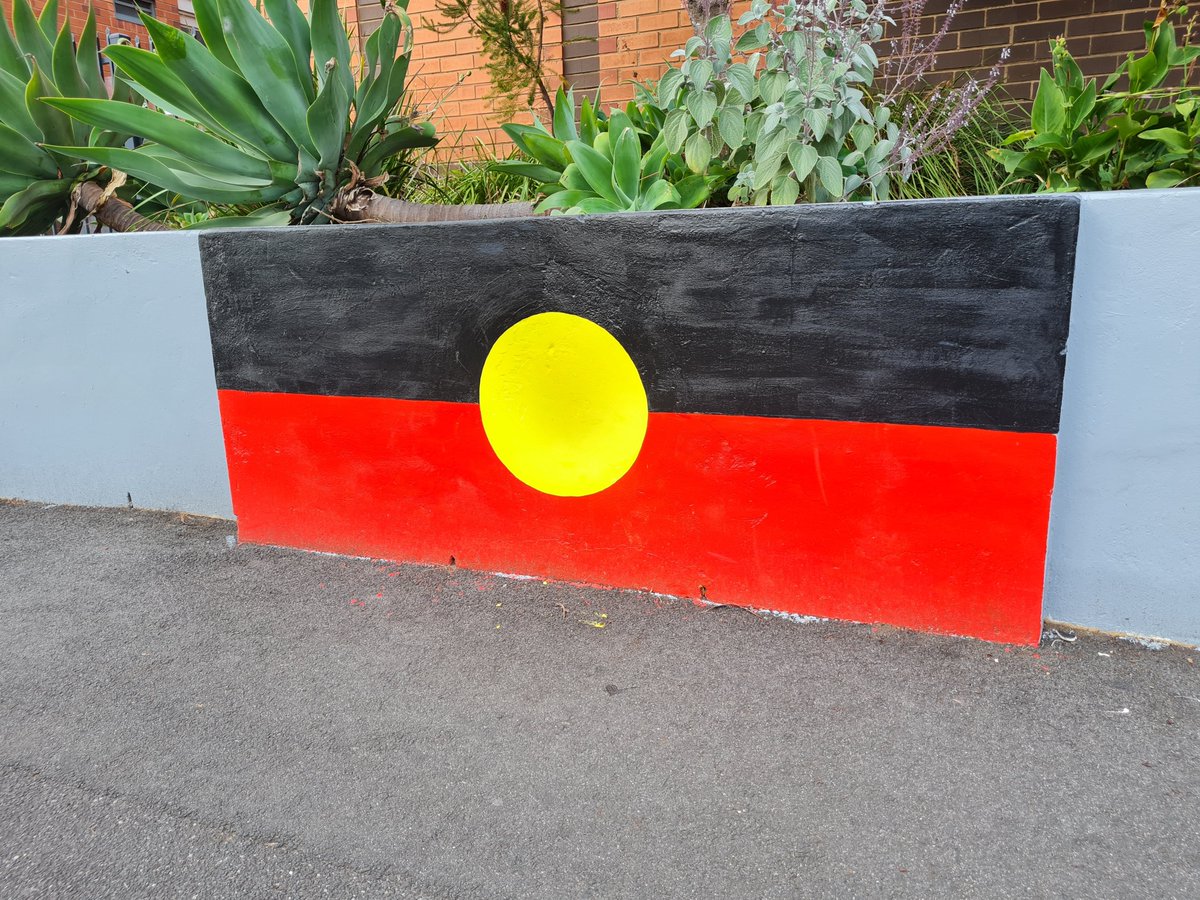
🧵While walking to VU this morning to teach class for #SystemsThinking in #PublicHealth, I began pondering the challenges I experienced. Also how designing & teaching this unit has taught me much about #LearningDesign & #teaching more broadly.
All pics in this thread by me!
All pics in this thread by me!

It does feel risky to write this thread but here we go...
The interaction of studying the Graduate Cert in #TeritaryEducation & designing & teaching a unit in #SystemsThinking in #PublicHealth has really altered the way I think about Public Health teaching & learning @CAPHIA1
The interaction of studying the Graduate Cert in #TeritaryEducation & designing & teaching a unit in #SystemsThinking in #PublicHealth has really altered the way I think about Public Health teaching & learning @CAPHIA1

It has been transformative but also I have felt profoundly alone & unsure of where there was space - apart from here - where I could safely bounce ideas around about how to address the challenges experienced in the classroom. The #LearningDesigner I work has been phenomenal... 

along with Dr Silvana Bettiol, academic from @UTAS_MPH team, whose openness to discuss her challenges designing & teaching #SystemsThinking in #PublicHealth was a lifeline. Both @mishymorgs @Riley_Therese meant our content was strong, but Dr Bettiol gave me ideas, tools, options 

Through @Riley_Therese I have met @leavy_justine & I am looking forward to sharing my experiences from this unit with her next week. Perhaps this could be the beginning of a conversation around the challenges I will touch on now 

1. #SystemsThinking ask us to challenge the very foundations of what we are undertaking in #PublicHealth This has meant that there needs to be constant conversation in the classroom about this & how difficult this is. There are tell tale signs in the students outputs...
...but #PublicHealth academics ourselves can miss this cause we are also on the journey to undo learning #ReductionistThinking #ProgrammaticDesign 

2. You must start your teaching on #SystemsThinking with a system ALL your students know. I never thought I would be discussing #AQFramework & VU #BlockMode & @CAPHIA1 competencies with my students but discussing these systems & how they interact was an amazing teaching moment
@CAPHIA1 3. For #PublicHealth there is significant power in discussing the #mystery of the Australian health systems with your student who are born overseas. It uncovers the gaps in their learning from previous units & I think challenges us to think about how we teach about this system 

4. As #SystemsThinking is so complex & responses from students are varied, your #LearningDesign must give indications of what you will remove from your lesson plan to enable more space for conversation. This is complex #scaffolding & I think I for one need more help here! 

5. Finally, a unit in #SystemsThinking within a #PublicHealth course will be more successful if other units have applied Systems Thinking to the #LearningDesign & #teaching. This has been the most significant struggle and relevant to 4 & 1 in this thread. 

However...there has been incredible successes in this unit that I want to finish with - particularly with regards to students understanding of #decolonisation. #SystemsThinking has given them the bridge into understanding which continues to surprise me - ping @mishymorgs 

#SystemsThinking has also given them more tools for understanding how to apply a #critical lense to the #PublicHealth research & evidence that they read for their studies. It has meant there has been hard conversations in class about what they have learnt before. 

But these conversations have ended with students who are more engaged, concentrating more, & much more comfortable with asking hard questions of the content they are learning. 

Finally, the case studies & involvement of our #PublicHealth network have given the students a sense of where to next which is exciting for me. They are asking more questions about how to prepare for #PublicHealth work & keen to demonstrate to the world that they are competent. 

My previous unit I designed I went with what I knew, accessed people in my network occasionally & took direction from the course chair. This unit I have involved many individuals, sometimes explicitly as with our codesigners mentioned in this thread
https://twitter.com/WePublicHealth/status/1632989836977246208
And other times just taking advantage of moments to seek advice, ideas, thoughts. It is the inclusion of these varied views which has been instrumental in (a) changing the way I practice and (b) the creation of dynamic unit which I hope will be transformative for our students. 

& my time here is over by 10 minutes. So I say goodbye. Come find me over at @LopeyPen especially if you want to chat about #SystemsThinking #PublicHealth #LearningDesign #Teaching & other fun things. Ping @YottiKingsley I think this thread might b something you are interested in
• • •
Missing some Tweet in this thread? You can try to
force a refresh












